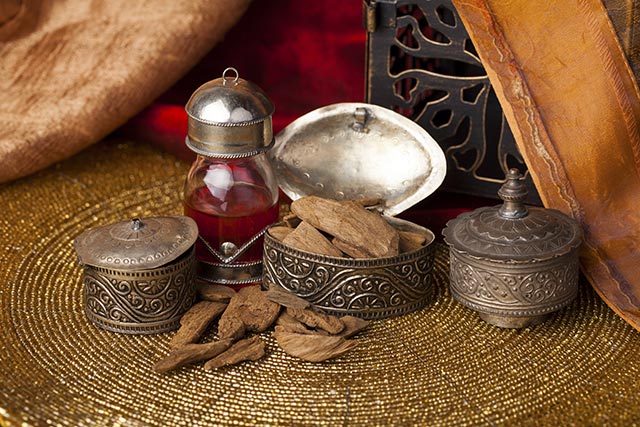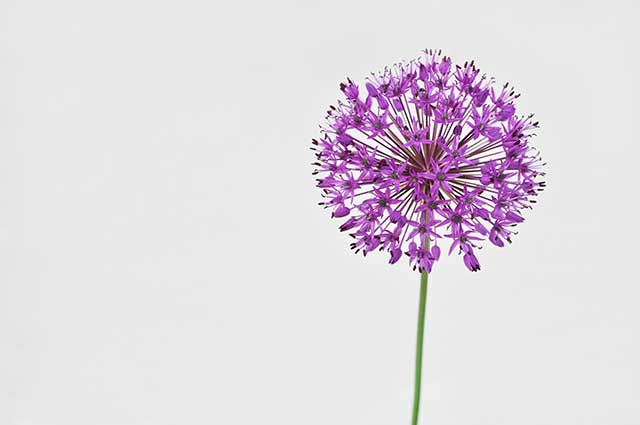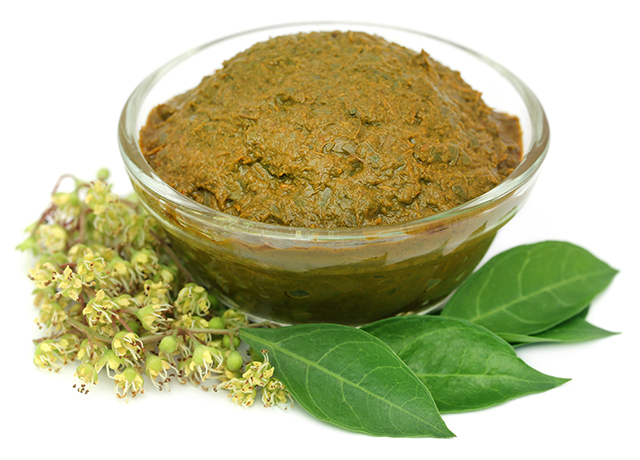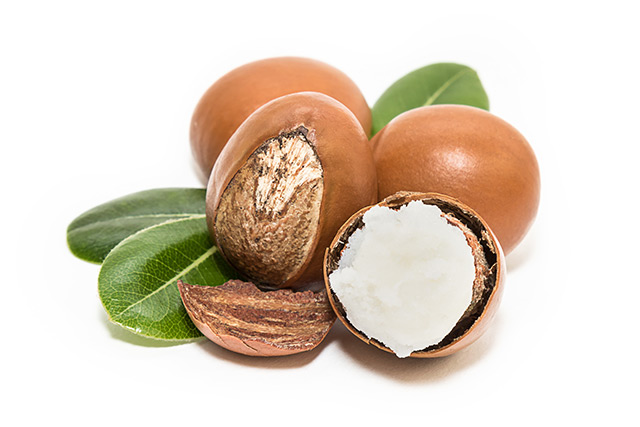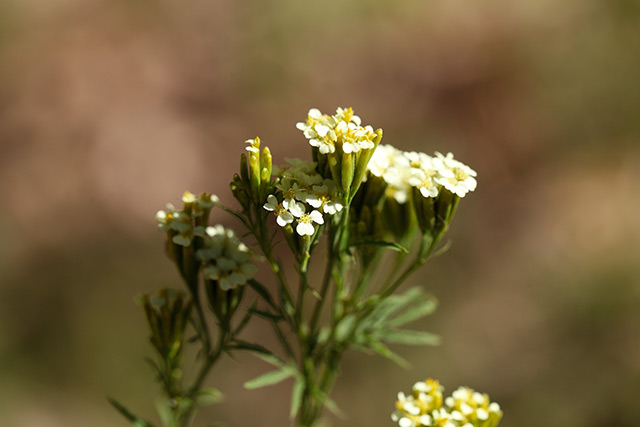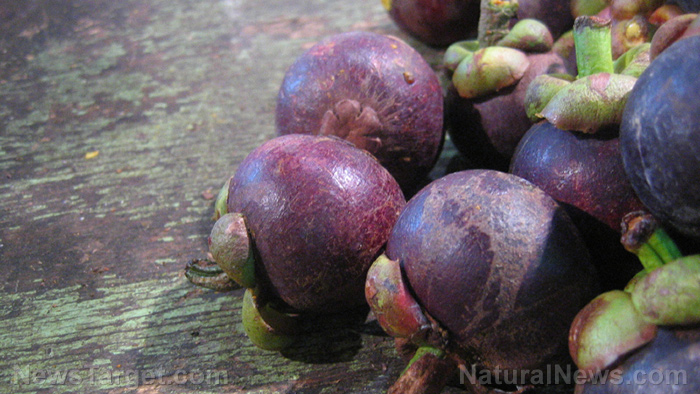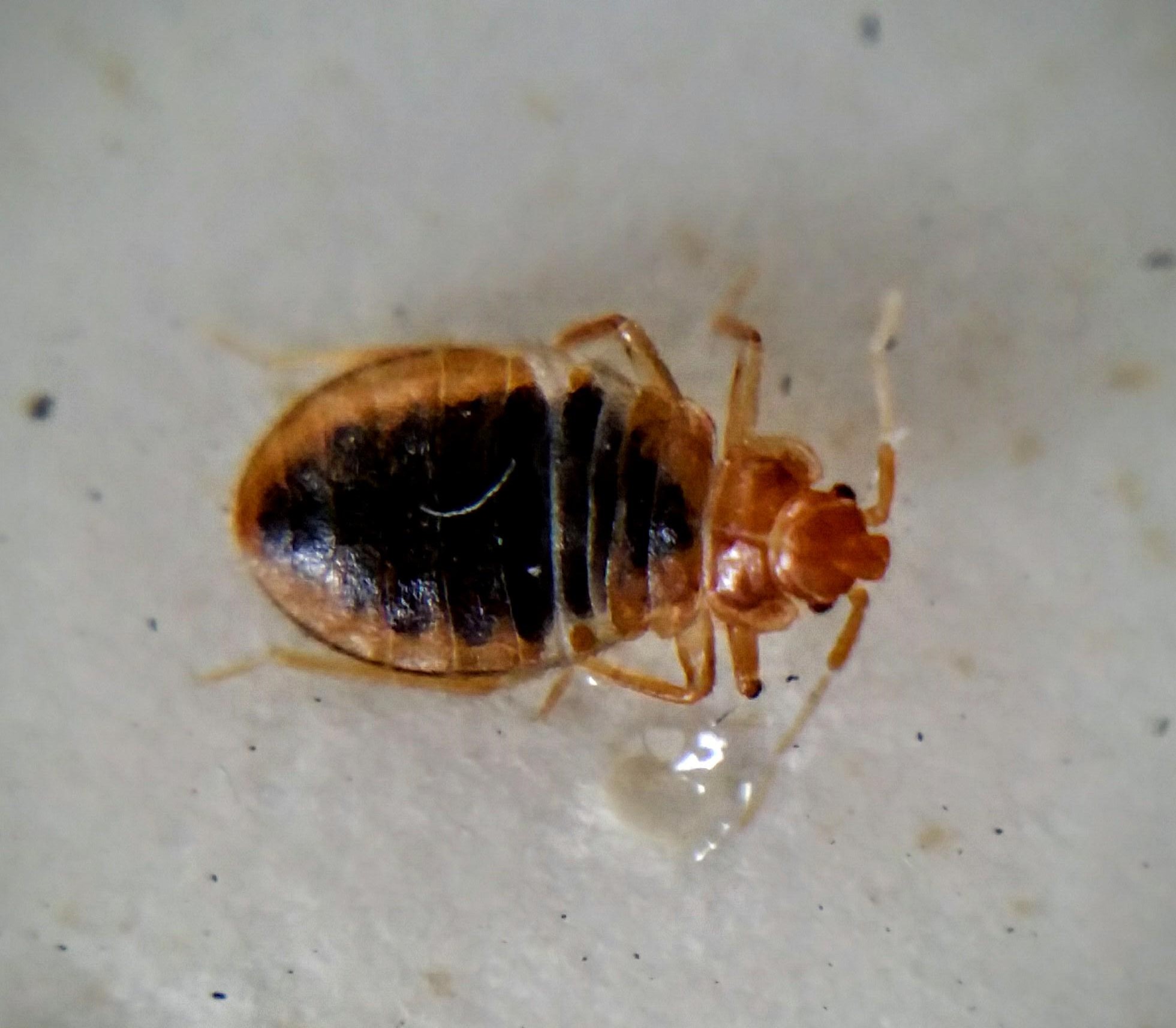Scientists examine the essential oil of agarwood as a natural remedy for colorectal cancer
11/05/2018 / By Ralph Flores

Agarwood (Aquilaria crassna), a tree highly prized for its applications in perfumes and incense, could be used to naturally treat colorectal cancer. In a study in BMC Complementary and Alternative Medicine, researchers from Universiti Sains Malaysia investigated the potential safety of essential oil extract from agarwood and looked at its anti-tumor activity using animal studies.
To note, certain trees from the Aquilaria genus – including A. crassna – are called agarwood, mainly because of their ability to create the eponymous resin extract. This occurs when Aquilaria trees are damaged, which allows mold to attack the timber. The infection transforms the cream-colored wood into the dark, resinous wood used in some of the world’s most expensive fragrances. In Asia, it’s known as the “King of Incense,” where small sections of agarwood resin for incense chips are sold at HK$58,000 per kilogram (around $3,350 per pound). Bigger pieces of wood go for much higher – hand-carved structures made from agarwood can go as high as HK$1.2 million ($152,900), making it a highly valued commodity. Agarwood resin, when it’s distilled and processed, becomes oud oil – the key ingredient in most high-end perfumes in the market. Oud has been priced as high as HK$300,000 per kilogram ($17,300 per pound), with people even describing it as “liquid gold.”
A lot of studies have been done to explore the chemical constituents of agarwood; however, the same can’t be said about its therapeutic properties. In traditional Malaysian medicine, the tree has been used to treat vomiting, rheumatism, and even asthma, while traditional medical systems in Japan use it as a sedative and a detoxifier. Earlier studies have already identified some biological properties of agarwood, including its anti-ischemic, antifungal, and antibacterial effects. Results from the preliminary tests have also shown that A. crassna has potent antioxidant and in vitro anti-cancer properties against colorectal carcinoma and pancreatic cancer cells.
“Aquilaria crassna, in addition, has been identified as convenient and useful sources of bioactive constituents, such as phenolic, flavonoids, benzophenones, xanthones, and sesquiterpenes,” the researchers wrote in their study. “Despite the broad spectrum of biological activities, no study had reported on the toxicological profiles of Aquilaria crassna essential oil.”
The researchers then sought to investigate both the toxicity and anti-tumor properties of agarwood using multiple in vivo assays. To determine its acute toxicity, the researchers gave a single oral dose of 2,000 mg/kg of agarwood essential oil to mice and observed symptoms of toxicity and mortality for at least two weeks. The sub-chronic toxicity test comprised of administering differing doses of agarwood essential oil to mice for 28 days. During this time, researchers investigated factors such as mortality, clinical signs, body weight changes, hematological and biochemical parameters, gross findings, organ weights, and histological parameters. To determine the anti-tumor properties of agarwood, researchers used a subcutaneous tumor model in nude mice.
From the results of the tests, researchers found that agarwood essential oil is not toxic, even in doses greater than 2,000 mg/kg. This meant that agarwood essential oil is safe to be used, even in substantial doses. The sub-chronic toxicity study revealed that agarwood essential oil can be used in repeated doses, with no changes in morbidity or mortality reported. Both 100 mg/kg and 500 mg/kg doses of essential oil per body weight did not significantly affect the difference in food and water intakes, body weight change, hematological and biochemical parameters, relative organ weights, gross findings or histopathology. In vivo studies that looked at the anti-tumor effects of the essential oil found that it was able to inhibit the growth of HCT 116 colorectal carcinoma cells.
“The results highlighted the possible application of EOs in colorectal cancer prevention/treatment and further laid a solid foundation for pre-clinical use in animal,” the team concluded. (Related: These 11 essential oils will help with your lucid dreaming.)
Learn more about agarwood essential oil and its benefits by following EssentialOils.news.
Sources include:
Tagged Under: agarwood, Aquilaria crassna, colon cancer, Colorectal Cancer, essential oil, natural cures, natural health, natural medicine, remedies

